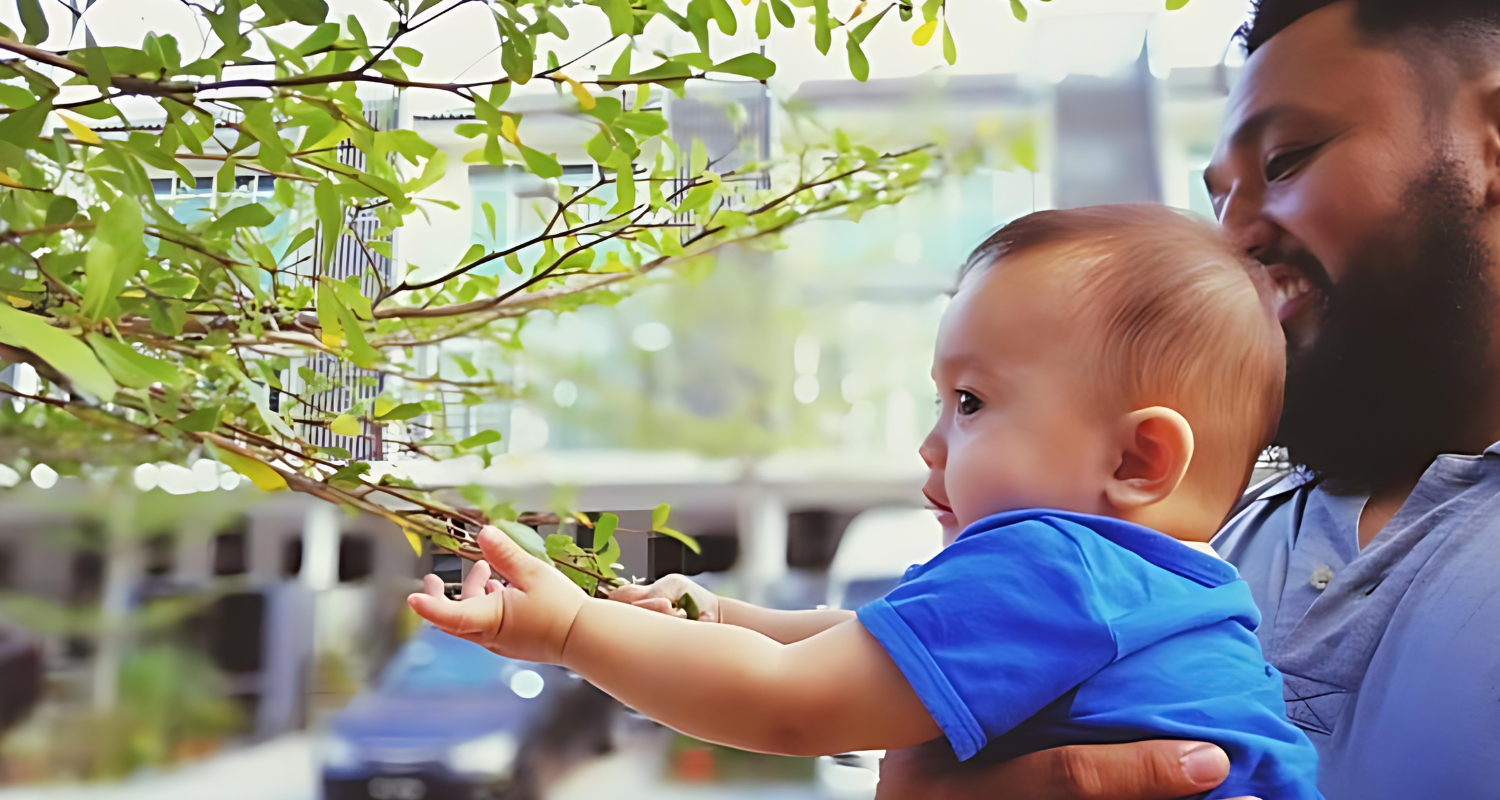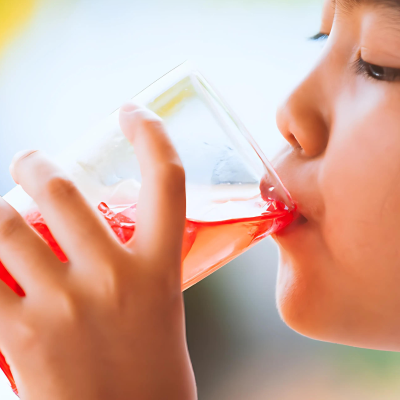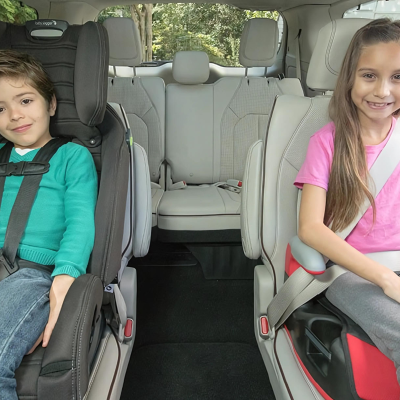Taking your newborn outside for the first time can be both exciting and nerve-wracking for new parents. Concerns about their fragile immune system, exposure to germs, and the weather often lead to questions like, “When is it safe to take my newborn outside?” While the timing may vary depending on individual circumstances, understanding the benefits, precautions, and expert recommendations can help you make an informed decision. In this article, we will explore when it’s safe to take your newborn outside, the benefits of outdoor time, and tips for ensuring a safe and enjoyable outing.
Understanding When It’s Safe to Take a Newborn Outside
1. General Guidelines for Taking a Newborn Outside
Newborns can typically be taken outside as soon as you feel comfortable, provided that certain precautions are followed. While some healthcare providers may recommend waiting a few days or weeks, there is no strict rule about when it’s safe to introduce your baby to the outdoors. The key is to ensure your baby’s environment is safe and that you’re prepared to manage any potential risks.
2. Factors to Consider Before Taking Your Newborn Outside
a. Baby’s Health
If your baby was born full-term and is healthy, you can generally take them outside whenever you feel ready. However, if your baby was born prematurely or has underlying health conditions, you may need to consult your pediatrician before planning an outing.
b. Weather Conditions
Extreme weather conditions can affect your baby’s comfort and safety. It’s best to avoid taking your newborn outside during very hot, cold, or windy weather. Instead, choose mild, temperate days for your first outdoor excursions.
c. Your Comfort Level
As a new parent, it’s important to consider your own comfort level when taking your baby outside. If you feel anxious or unprepared, it may be best to wait until you feel more confident and ready to manage any potential challenges.
Benefits of Taking Your Newborn Outside
1. Exposure to Fresh Air
Fresh air can be beneficial for both you and your baby. It can help soothe and calm your newborn, especially if they are fussy or restless. Additionally, spending time outdoors can provide a change of scenery and break up the routine of staying indoors.
2. Vitamin D from Sunlight
Sunlight is a natural source of vitamin D, which is essential for your baby’s bone development and immune system. A few minutes of sunlight exposure can help your baby’s body produce enough vitamin D, especially if they are breastfed.
3. Mental Health and Well-being
Getting outside can have positive effects on your mental health and well-being. Fresh air, sunlight, and the sights and sounds of nature can help reduce stress, improve your mood, and enhance your overall sense of well-being.
4. Socialization Opportunities
Taking your baby outside can also provide opportunities for socialization, both for you and your little one. Whether it’s chatting with neighbors, meeting other parents, or simply enjoying the company of others at the park, outdoor time can help you feel more connected to your community.
Precautions to Take When Bringing a Newborn Outside
1. Protecting Your Baby from the Sun
a. Avoid Direct Sunlight
Newborns have very sensitive skin, and direct sunlight can cause sunburn even on cloudy days. It’s important to keep your baby in the shade or use a stroller with a sunshade or canopy to protect them from direct sun exposure.
b. Use Sun Protection
For babies under six months, it’s generally recommended to avoid using sunscreen and instead rely on protective clothing and shade. If necessary, you can use a small amount of sunscreen on exposed areas, but it’s best to consult your pediatrician first.
2. Dressing Your Baby Appropriately
a. Layering for Comfort
Dress your baby in layers to ensure they stay comfortable in changing weather conditions. Layers allow you to easily add or remove clothing as needed to keep your baby warm without overheating.
b. Covering the Head and Feet
Newborns lose heat quickly, especially through their heads and feet. A soft hat and socks or booties can help keep your baby warm and cozy while outside.
3. Avoiding Crowded Places
a. Limiting Exposure to Germs
Newborns have developing immune systems, making them more susceptible to infections. To reduce the risk of exposure to germs, it’s best to avoid crowded places, such as malls, public transportation, or large gatherings, during the first few weeks.
b. Practicing Good Hygiene
If you do take your baby to a public place, practice good hygiene by washing your hands frequently and avoiding close contact with sick individuals. Consider carrying hand sanitizer for convenience.
4. Monitoring Your Baby’s Comfort
a. Watch for Signs of Overheating or Cold
Pay attention to your baby’s cues to ensure they are comfortable. Signs of overheating include sweating, flushed skin, and fussiness, while signs of being too cold include shivering, pale skin, and cold extremities.
b. Keep Outings Short
For the first few outings, keep trips short to avoid overwhelming your baby. As you and your baby become more comfortable, you can gradually increase the duration of your outdoor excursions.
5. Choosing the Right Time of Day
a. Avoiding Peak Sun Hours
To minimize the risk of sun exposure, try to schedule outings during the early morning or late afternoon when the sun is lower in the sky. These times also tend to be cooler and less crowded.
b. Following Your Baby’s Schedule
Plan your outings around your baby’s feeding and napping schedule to ensure they are well-fed and rested before heading outside. This can help make the experience more enjoyable for both of you.
Practical Tips for Taking Your Newborn Outside
1. Preparing Your Diaper Bag
Before heading out, make sure your diaper bag is stocked with essentials, including diapers, wipes, a change of clothes, feeding supplies, and any comfort items your baby may need. It’s also a good idea to bring a blanket for added warmth or for laying your baby down if needed.
2. Using a Stroller or Baby Carrier
a. Stroller Considerations
A stroller can provide a comfortable and secure way to take your baby outside. Look for a stroller with a sunshade, good ventilation, and smooth maneuverability. Make sure your baby is securely strapped in and that the stroller is appropriate for their age and size.
b. Baby Carrier Options
A baby carrier allows you to keep your baby close while keeping your hands free. Choose a carrier that provides good support for your baby’s head and neck and ensures proper hip positioning. Wearing your baby in a carrier can also help them feel more secure and reduce fussiness.
3. Finding Safe and Baby-Friendly Locations
When planning your first outings, choose locations that are safe and baby-friendly. Parks, quiet walking paths, and your backyard are great options for a peaceful and relaxing outdoor experience. Avoid areas with heavy traffic, loud noises, or potential hazards.
4. Feeding Your Baby on the Go
If you’re planning a longer outing, be prepared to feed your baby while you’re outside. Bring along any necessary feeding supplies, such as bottles, formula, or breastfeeding covers. Find a comfortable, quiet spot to feed your baby, and take your time to ensure they are well-fed before continuing your outing.
5. Dealing with Unexpected Challenges
Outdoor outings with a newborn can sometimes come with unexpected challenges, such as sudden weather changes, diaper blowouts, or an upset baby. Stay calm and flexible, and be prepared to cut your outing short if needed. Having a positive attitude and being adaptable can help make the experience more enjoyable for both you and your baby.
Expert Opinions on Taking a Newborn Outside
1. Pediatrician Recommendations
Many pediatricians support taking newborns outside shortly after birth, as long as certain precautions are taken. They emphasize the importance of protecting your baby from the elements, avoiding crowded places, and following good hygiene practices to minimize the risk of illness.
2. Cultural Perspectives
In some cultures, there are traditional beliefs and practices regarding when and how to take a newborn outside. For example, some cultures may recommend waiting several weeks before taking a baby outside, while others may encourage early outdoor exposure for health and well-being. It’s important to consider cultural perspectives and balance them with modern medical advice when making decisions about your baby’s outdoor activities.
3. Real-Life Experiences from Parents
Many parents share that taking their newborns outside for the first time was a positive and rewarding experience. They often find that fresh air and a change of scenery help soothe their babies and provide a much-needed break from the indoor routine. Parents also emphasize the importance of being prepared, staying flexible, and gradually increasing the length and frequency of outdoor outings as both they and their baby become more comfortable.
Conclusion
Taking your newborn outside can be a wonderful experience that offers numerous benefits for both you and your baby. Whether it’s a short walk around the block, a visit to the park, or simply spending time in your backyard, outdoor time can provide fresh air, sunlight, and opportunities for bonding and relaxation.
By following the guidelines and precautions outlined in this article, you can ensure that your baby’s first outdoor experiences are safe, enjoyable, and stress-free. Remember to pay attention to your baby’s needs, choose appropriate times and locations, and take it slow as you introduce your little one to the world outside.
Ultimately, the decision of when to take your newborn outside
is a personal one that depends on your comfort level, your baby’s health, and your family’s unique circumstances. With careful planning and consideration, you can confidently take your baby outside and enjoy the many benefits of outdoor time together.




